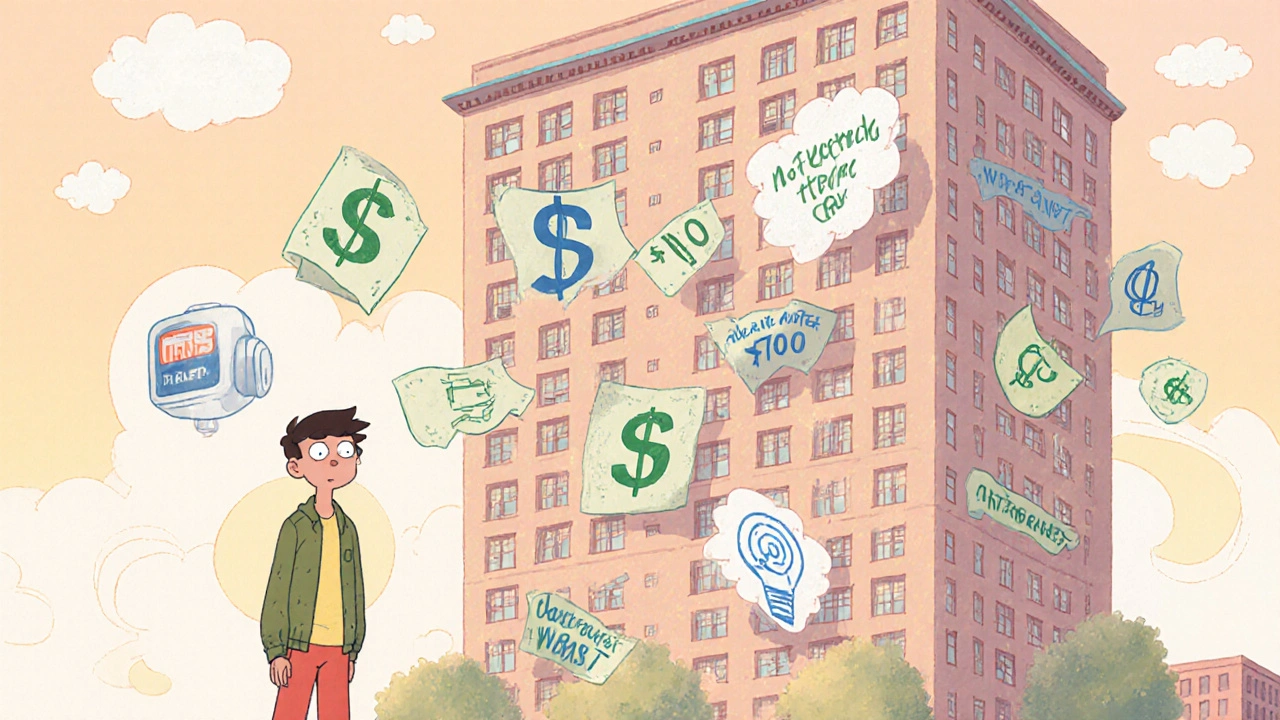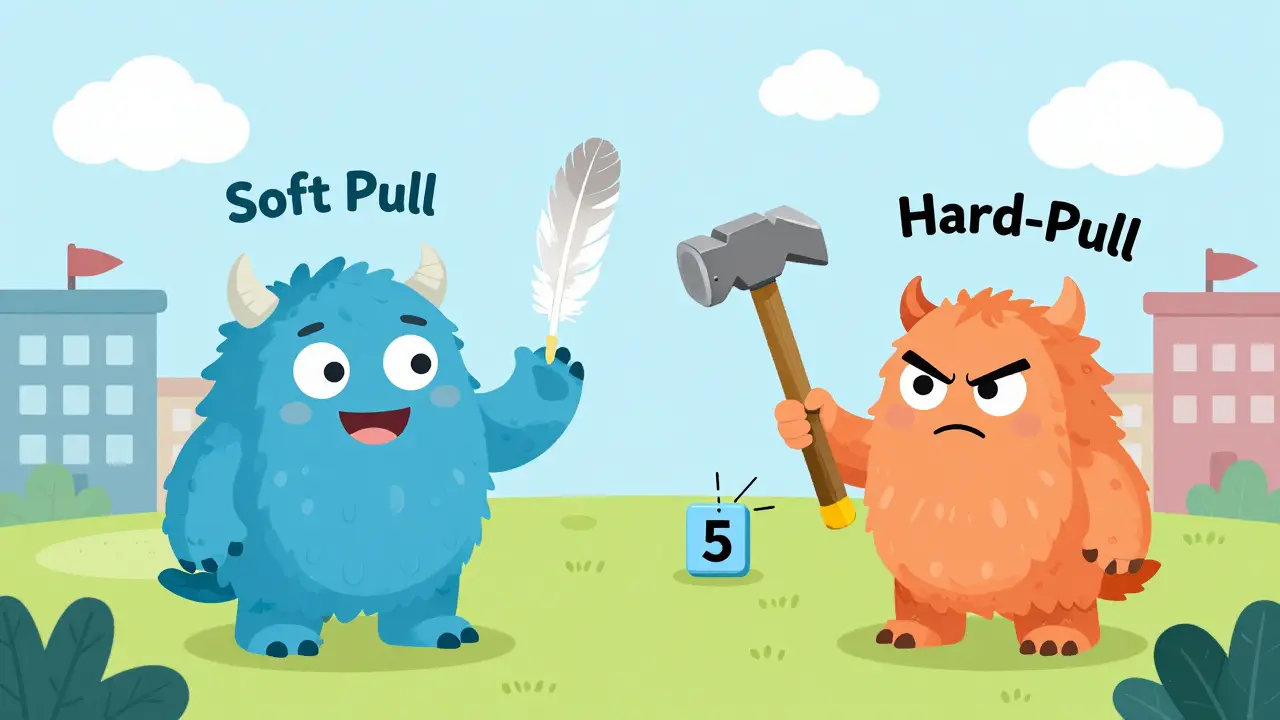Security Deposit: What You Need to Know Before Paying One
When you sign a lease, the security deposit, a refundable sum paid upfront to cover potential damages or unpaid rent. Also known as a rental deposit, it’s not a fee—it’s your money, held in trust until you move out. Yet too many tenants hand over hundreds or even thousands of dollars without understanding the rules, only to get stuck in a fight over what’s owed back.
Landlords use security deposit to protect against broken leases, unpaid bills, or damage beyond normal wear and tear. But it’s not a blank check. In most states, there are strict limits on how much they can ask for—often one or two months’ rent—and they must store it in a separate account. Some states even require interest to be paid back to you. If they don’t follow the rules, you can often sue for double or triple the amount.
What counts as damage? A few nail holes? No. Stained carpet from normal use? Probably not. But a broken window, pet odors, or missing appliances? That’s fair game. The key is documentation. Take dated photos when you move in—every scratch, every stain. Send them to your landlord via email. If you don’t, they’ll claim everything was already broken. And when you move out, clean like you’re being filmed. A dirty oven isn’t just gross—it’s a deduction waiting to happen.
Refundable deposit timelines vary. Some states require landlords to return your money within 14 days. Others give them 30 or 45. But they can’t just sit on it. If they keep part of it, they must send you a written list of deductions with receipts. No vague statements like "cleaning fee"—they need to show you exactly what was paid for. If they don’t, you’ve got leverage.
And don’t assume your roommate’s mess won’t affect you. In joint leases, the whole group is often liable. One person skips rent? The whole deposit could be used to cover it. That’s why it’s smart to split deposits with roommates in writing, and get signatures on move-in checklists. If you’re not on the lease, you still might be on the hook.
There’s also a growing trend: digital security deposits. Companies like Renters Insurance Direct or Guaranty let you pay a small monthly fee instead of a big upfront sum. It’s not a deposit—it’s insurance. If you damage the place, they pay the landlord. You get your money back every month. It’s not available everywhere yet, but it’s gaining traction in cities with tight rental markets.
Don’t let your landlord deposit become a lesson in frustration. Know your rights. Track everything. Ask for receipts. Keep copies. The system isn’t perfect, but if you show up prepared, you’ll almost always walk away with your money.
Below, you’ll find real guides on how to handle disputes, what to look for in lease agreements, and how to avoid common traps that cost tenants hundreds—or worse—thousands. These aren’t theoretical tips. They’re what people actually used to get their deposits back.



